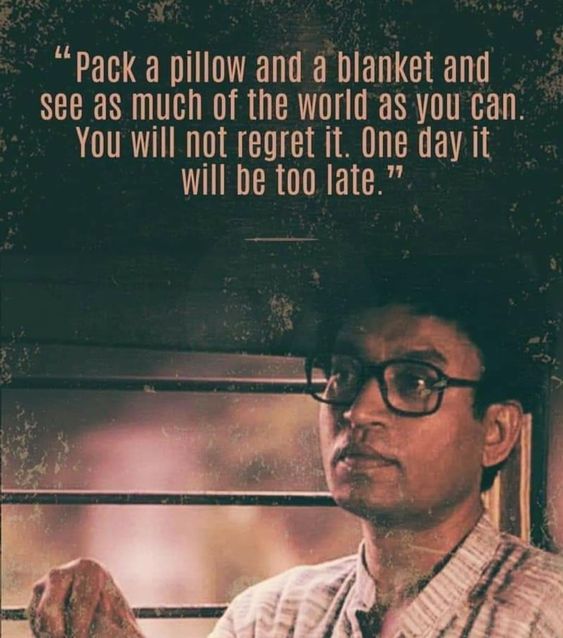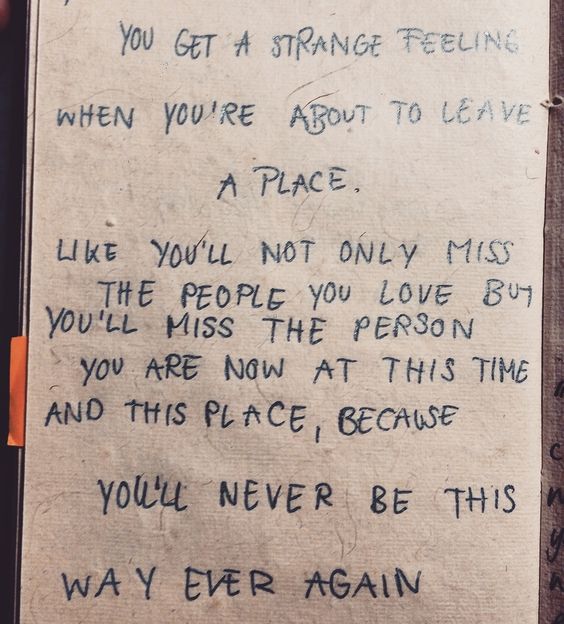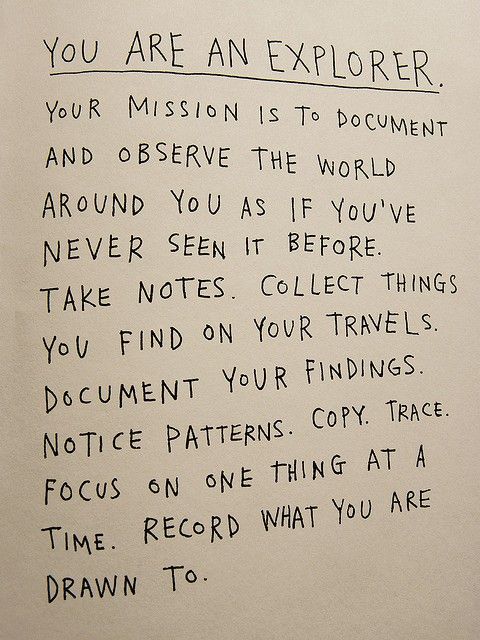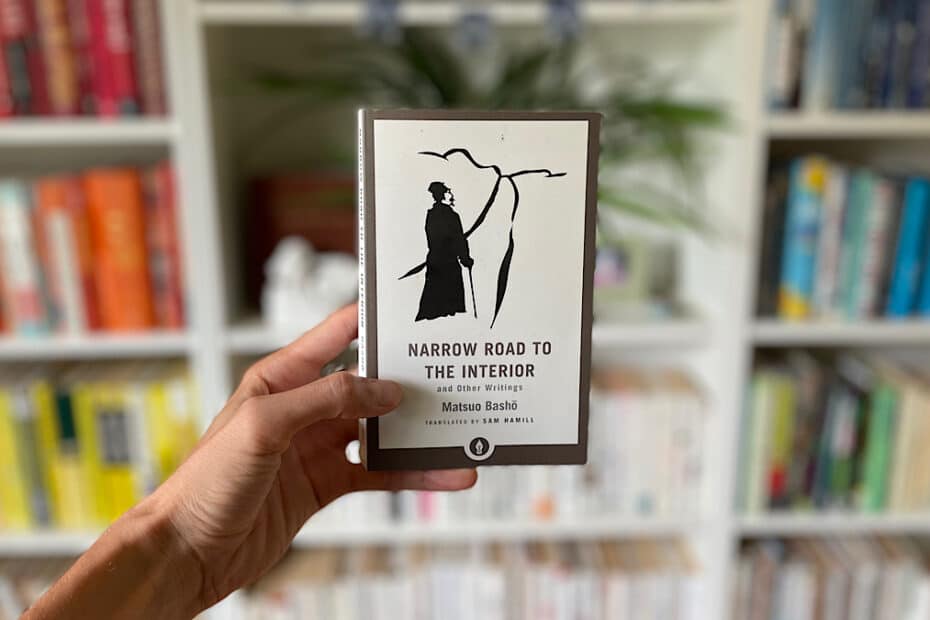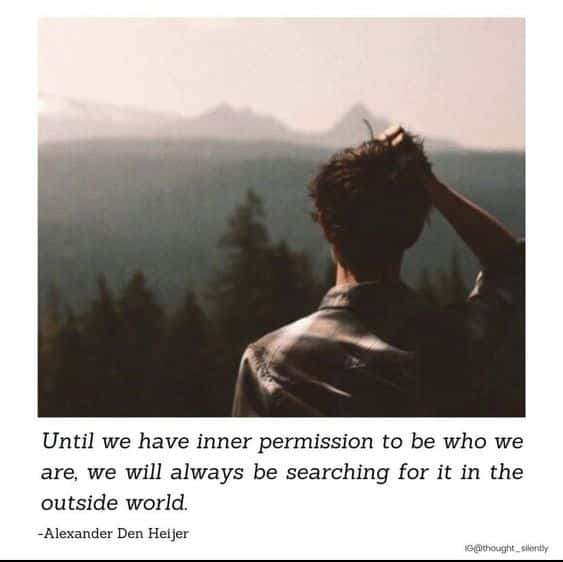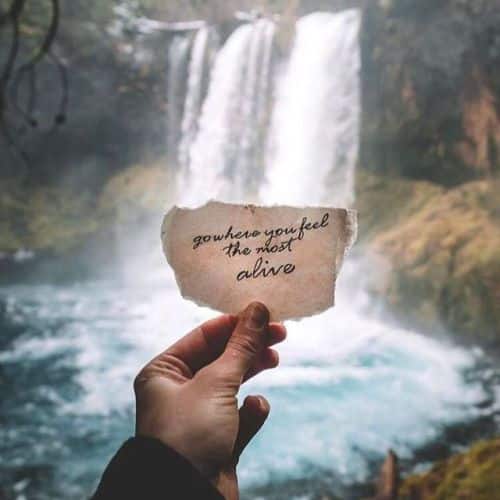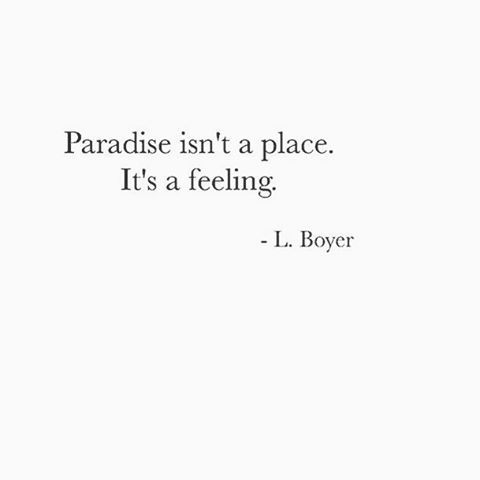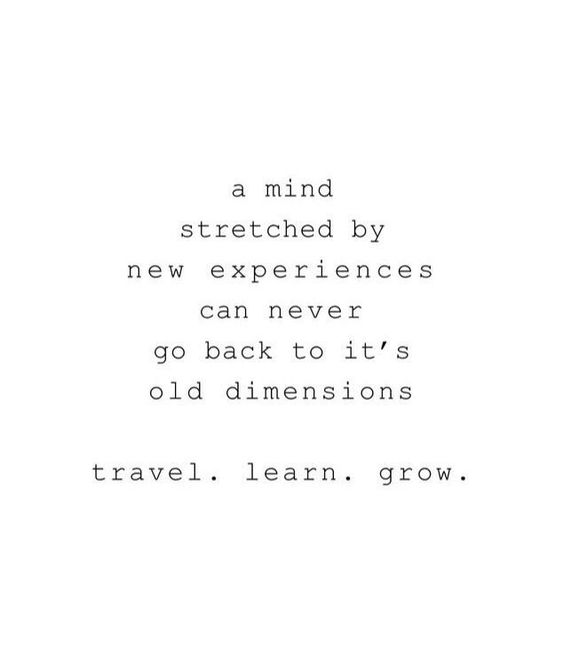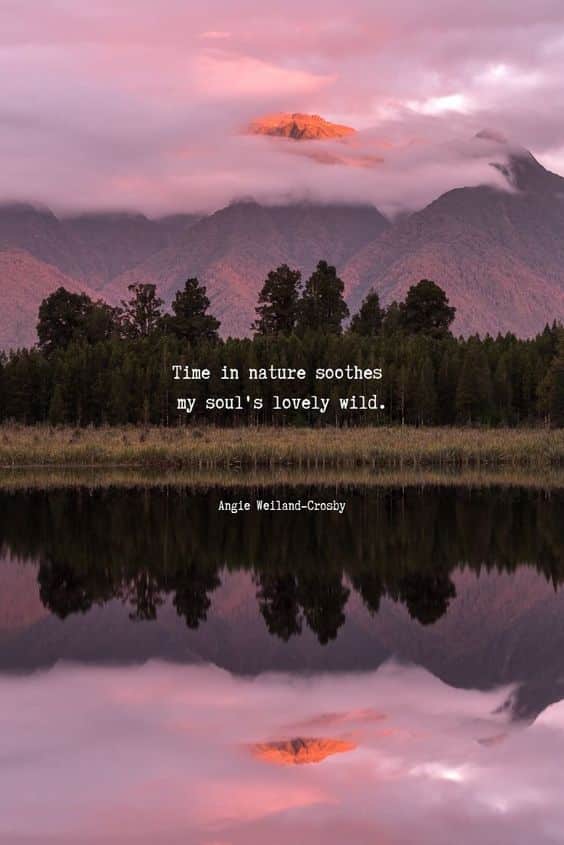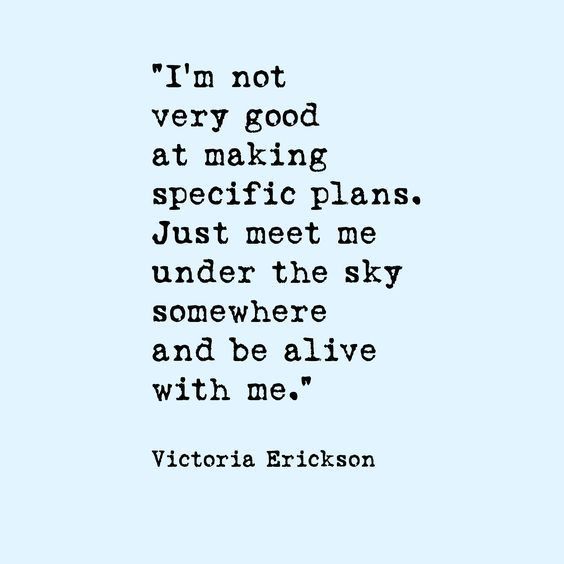19 Quotes from Narrow Road To The Interior on Solitude, Travel, and Poetry
Excerpt: These quotes from Narrow Road To The Interior capture a beauty in what’s seemingly plain that’ll elevate your perspective for better living.
Read More »19 Quotes from Narrow Road To The Interior on Solitude, Travel, and Poetry
Long conversations
beside blooming irises—
joys of life on the road
Bashō, Narrow Road To The Interior (Page 138)
“The Kiso road was dangerous, winding over several steep mountain passes. Much as we tried to help one another, our inexperience showed. There were many mistakes. Nervous and worried, we made mistakes, but learning to laugh at them gave us courage to continue.”
Bashō, Narrow Road To The Interior (Page 89)
“Each twist in the road brought new sights, each dawn renewed my inspiration. Wherever I met another person with even the least appreciation for artistic excellence, I was overcome with joy. Even those I’d expected to be stubbornly old-fashioned often proved to be good companions. People often say that the greatest pleasures of traveling are finding a sage hidden behind weeds or treasures hidden in trash, gold among discarded pottery. Whenever I encountered someone of genius, I wrote about it in order to tell my friends.”
Bashō, Narrow Road To The Interior (Page 81)
“His journey is a pilgrimage; it is a journey into the interior of the self as much as a travelogue, a vision quest that concludes in insight. But there is no conclusion. The journey itself is home. The means is the end, just as it is the beginning. Each step is the first step, each step the last.”
Sam Hamill, Narrow Road To The Interior (Page XXIII)
Narrow Road To The Interior [Book]
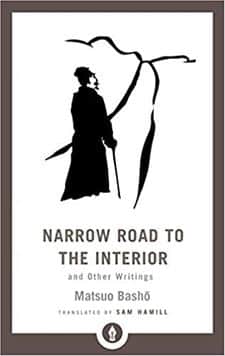
Book Overview: A masterful translation of one of the most-loved classics of Japanese literature—part travelogue, part haiku collection, part account of spiritual awakening
Bashō (1644–1694)—a great luminary of Asian literature who elevated the haiku to an art form of utter simplicity and intense spiritual beauty—is renowned in the West as the author of Narrow Road to the Interior, a travel diary of linked prose and haiku recounting his journey through the far northern provinces of Japan.
Post(s) Inspired by this Book:
19 Quotes from Narrow Road To The Interior on Solitude, Travel, and Poetry
“It strikes me that the redwoods have accomplished, without effort or ego, what I have struggled so hard to do. They make existence, as I conceive of it—time measured in hundred-day increments—seem laughably naïve and nearsighted. I feel so tiny and rootless in their midst. Right now, I am no redwood. I am a speck, a spore surfing the breeze, directionless and susceptible, blown any which way, without the faintest clue about where I’ll land.”
Suleika Jaouad, Between Two Kingdoms (Page 304)
“[Rich] has a theory: When we travel, we actually take three trips. There’s the first trip of preparation and anticipation, packing and daydreaming. There’s the trip you’re actually on. And then, there’s the trip you remember. ‘The key is to try to keep all three as separate as possible,’ he says. ‘The key is to be present wherever you are right now.'”
Suleika Jaouad, Between Two Kingdoms (Page 303)
“Odd things happen when you’re on a road trip alone. The monotony of driving becomes meditative: The mind unwrinkles. As the usual anxieties and concerns vacate, daydreams flit in. Occasionally, a wisp of an idea appears out of nowhere only to recede, a shimmery mirage in a desert. Other times, an avalanche of memories tumbles forth, loosened by an old song on the radio or a deja vu—inducing landscape. The interplay between geography and memory becomes a conversation. They spark and spur each other.”
Suleika Jaouad, Between Two Kingdoms (Page 244)
“It’s a funny thing, coming home. Everything smells the same, looks the same, feels the same, but you are different; the contrast between who you were when you left and who you are now is heightened against the backdrop of old haunts.”
Suleika Jaouad, Between Two Kingdoms (Page 42)
